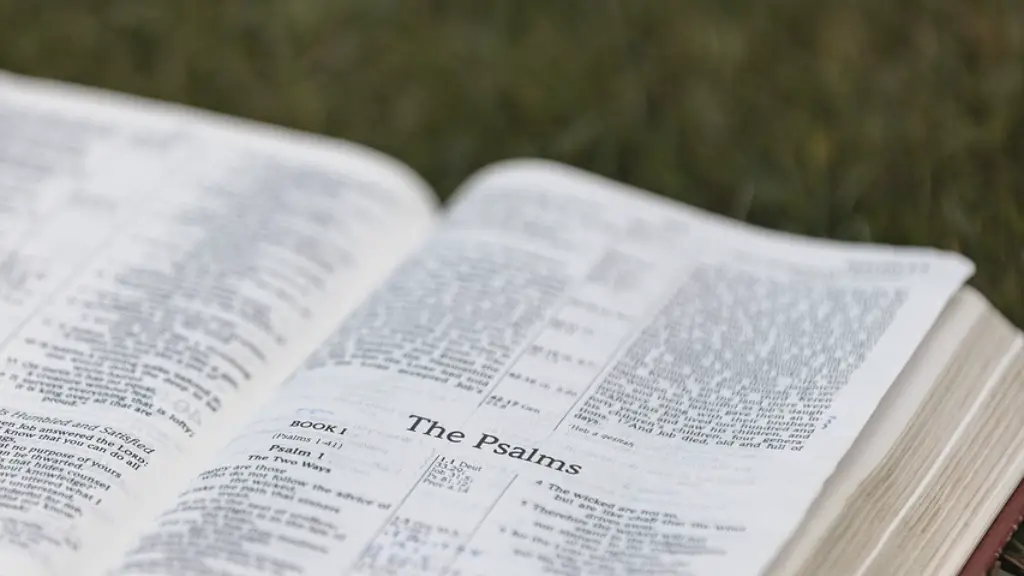Introduction
Betrothal is the promise of marriage between two individuals, which is found in the Bible. Although betrothal today is mainly a legal term, in the Bible, it has a religious, spiritual, and even mystical significance. Betrothal (also known as ‘espousal’) can be found in both the Old and the New Testaments, and is also described in the Talmud. This article will provide an overview of what betrothal means in the Bible, looking at the concept’s historical context, the different forms it can take, and its implications in today’s world.
The History of Betrothal
Betrothal is an ancient custom, believed to have originated thousands of years ago in Semitic and Mediterranean cultures. The custom was adopted by the Jewish people and was mentioned in the Hebrew Bible. It is commonly accepted that betrothal is a form of marriage and it is often used as a legal union, with one or both parties obligated to adhere to the terms of the agreement. In the Bible, betrothal is viewed as a solemn commitment that is not necessarily seen as a form of marriage, but does have condition has legal, moral and spiritual implications.
Betrothal in the Old Testament
In most cases, betrothal in the Old Testament is a formal agreement between two people, usually a man and a woman. Betrothal involved making a contract and exchanging goods, often accompanied by a period of engagement. In some cases, the item exchanged would represent the bride price (mohar) that the groom paid for his bride. This is a concept found throughout the Old Testament. For example, in Genesis 29, Jacob is presented with a flock of sheep in exchange for Rachel’s hand in marriage. In the Bible, betrothal is also used to describe the relationship between God and his chosen people. The prophet Hosea expresses God’s love for Israel in the metaphor of betrothal.
Betrothal in the New Testament
In the New Testament, betrothal is most commonly associated with the marriage of Joseph and Mary. In Matthew 1:18, Joseph was to “take unto him his wife” and was said to “do the office of a husband.” This betrothal was a formal agreement and was seen as a marital union. The New Testament also makes reference to the concept of betrothal being a spiritual union, as in Galatians 4:26, where it is written that “the Jerusalem which is above is free and is the mother of us all.” This suggests that betrothal is not just a legal agreement, but a spiritual union between two people and between God and man.
Modern Betrothal
Today, betrothal is rarely seen as a legal union and is viewed more as a symbolic gesture of commitment and love. Despite this, there are still some countries that use betrothal as a form of marriage. This includes some cultures in the Middle East and in South India, where betrothal has serious legal implications and is seen as a contract between two families. In modern times, betrothal is often practiced among religious communities, particularly Christian and Catholic religions, as a sign of the commitment and love between two people.
Betrothal’s Significance Today
In today’s world, the concept of betrothal still carries a great deal of weight, particularly in religious communities. It is seen as a sign of commitment and dedication to one’s faith, and also as a symbol of love and respect for the person being betrothed. Despite the fact that legal marriage and betrothal are no longer synonymous, the idea of betrothal is still seen as a powerful symbol in many cultures. For this reason, it is still important to understand the concept and its meaning in the Bible.
Conclusion
In conclusion, betrothal is a concept found in both the Old and New Testaments, and is viewed as a serious and meaningful commitment. The tradition is still present in some cultures today, though it is often more of a symbolic gesture. Betrothal retains its significance in modern society and is an important concept to understand in religious contexts.

